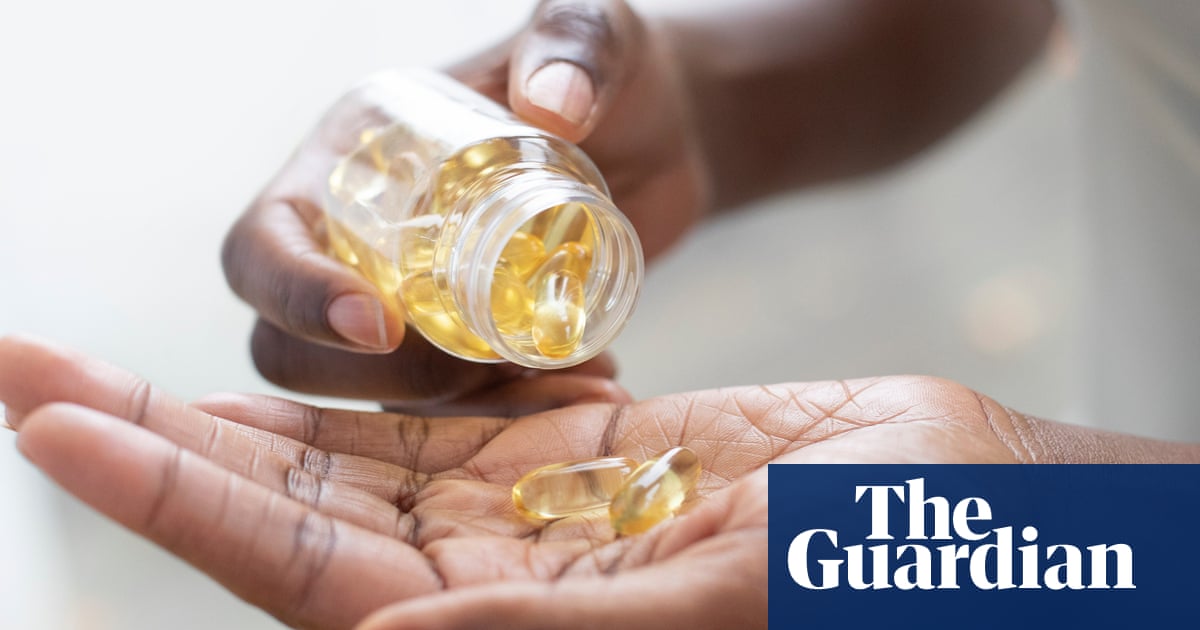Health experts are calling for more UK clinical trials to focus on finding new treatments for women, as “concerning” data reveals they are severely under-represented, with 67% more male-only studies than female-only.
Details of thousands of studies were collected by the Medicines and Healthcare products Regulatory Agency (MHRA) and the University of Liverpool. The evidence shows the UK is a hub for pioneering research, with one in eight trials testing humans for the first time, and cutting-edge treatments such as gene therapies becoming a new growth area.
But a review of the data by the Guardian found that women were significantly under-represented. Both sexes were included in most trials (90%), but male-only trials (6.1%) were nearly twice as common as female-only studies (3.7%). Pregnant and breastfeeding women were especially under-represented – involved in just 1.1% and 0.6% of trials respectively.
Women’s health experts expressed alarm over the figures, which they said meant women and their doctors were having to make decisions about whether to take a drug in a “vacuum of evidence”. Some areas of research are dominated by men at all levels – funders, researchers, consultants and patients – and as a result there could be a “reluctance” to fund female-only trials, the experts added.
Dr Amy Brenner, an assistant professor in the clinical trials unit at the London School of Hygiene & Tropical Medicine (LSHTM), said: “It is particularly concerning that there are more male-only trials than female-only trials as, while they may be disease-specific, it is certainly not true that there are more male-only than female-only diseases.”
The gender gap had serious implications, Brenner said. “This under-representation means there is a lack of evidence on the safety and effectiveness of many interventions in women.” There was an “urgent need” to correct the disparity in order to improve women’s health outcomes, she added.
Beyond the under-representation of women in general, the absence of pregnant and breastfeeding women in UK clinical trials was also “problematic”, Brenner said. This may be in part because of safety concerns and a “likely reluctance” to put babies at risk, she said. “However, without trials in these populations these women will continue to miss out on possible beneficial treatments”
The Guardian reviewed the data from a study led by the MHRA and the University of Liverpool, which collected details of all 4,616 clinical trials submitted to the MHRA between 2019 and 2023.
Cancer trials dominated, making up nearly a third of all studies, but other major conditions lagged behind. Heart disease – the world’s biggest killer – received just 5.2% of research focus. Reproductive and childbirth trials made up only 2.2% of the total.
Trials for conditions such as chronic pain, respiratory conditions and mental health disorders were among the least common, despite their significant impact on public health.
Patients aged 65 or above made up 67.7% of participants. Cutting-edge treatments, such as gene and cell therapies, represent a growing focus of research efforts but still represent only 3.4% of trials, despite their potential to transform care for patients with limited treatment options.
The Guardian found the number of male-only trials (282) was 67% higher than female-only trials (169), and pregnant and breastfeeding women took part in only about one in 100 medical studies.
Prof Anna David, the director of the EGA Institute for Women’s Health at UCL, said the “important” findings helped explained why so few new treatments for women’s health issues were emerging, and why some women “are not getting the care they need”.
“There is this perception that women, pregnant women and breastfeeding women do not want to participate in clinical trials and therefore they are usually not considered as potential participants, even in phase 3 clinical trials. This is not the case.”
She added: “Women and their healthcare providers are therefore having to make decisions about whether to take a drug in a vacuum of evidence, which is not ethical.”
David was especially concerned that only 2.2% of trials focused on reproductive and childbirth issues. “Pregnancy conditions such as pre-eclampsia, preterm labour, and placental insufficiency leading to foetal growth restriction are major diseases with no current treatments,” she said.
Prof Andrea Manfrin, the MHRA’s deputy director of clinical investigations and trials, said there was a “notable imbalance” between male-only and female-only trials. “When specific groups are not adequately represented in trials, it creates evidence gaps about how medicines work for them.”
The MHRA was working with trial sponsors, researchers and ethics committees to promote studies that “better reflect” the population, she said. “Increasing diversity in clinical trials is a priority for us at the MHRA. We are committed to supporting inclusive, safe and scientifically robust research across the UK.”
Brenner said the key to increasing the number of female-only trials, and the number of women taking part in trials more generally, was involving more women in the early stages of their design.
“In the LSHTM clinical trials unit we plan all trials with patient and public involvement, involving patients, carers and the public in designing and running trials,” she said. “Ensuring strong representation from women in these groups is a first step to understanding barriers and increasing women’s participation in trials.”
The health minister Karin Smyth said the government was determined to make the UK a world leader in life sciences, developing groundbreaking new treatments “focused on the conditions that matter most to patients”. The science minister Lord Vallance said: “We must make sure that trials of new medicines are available to everyone to take part.”
